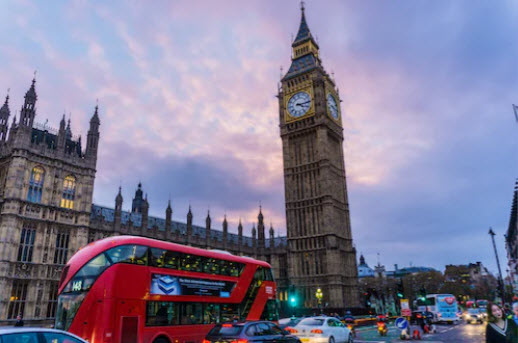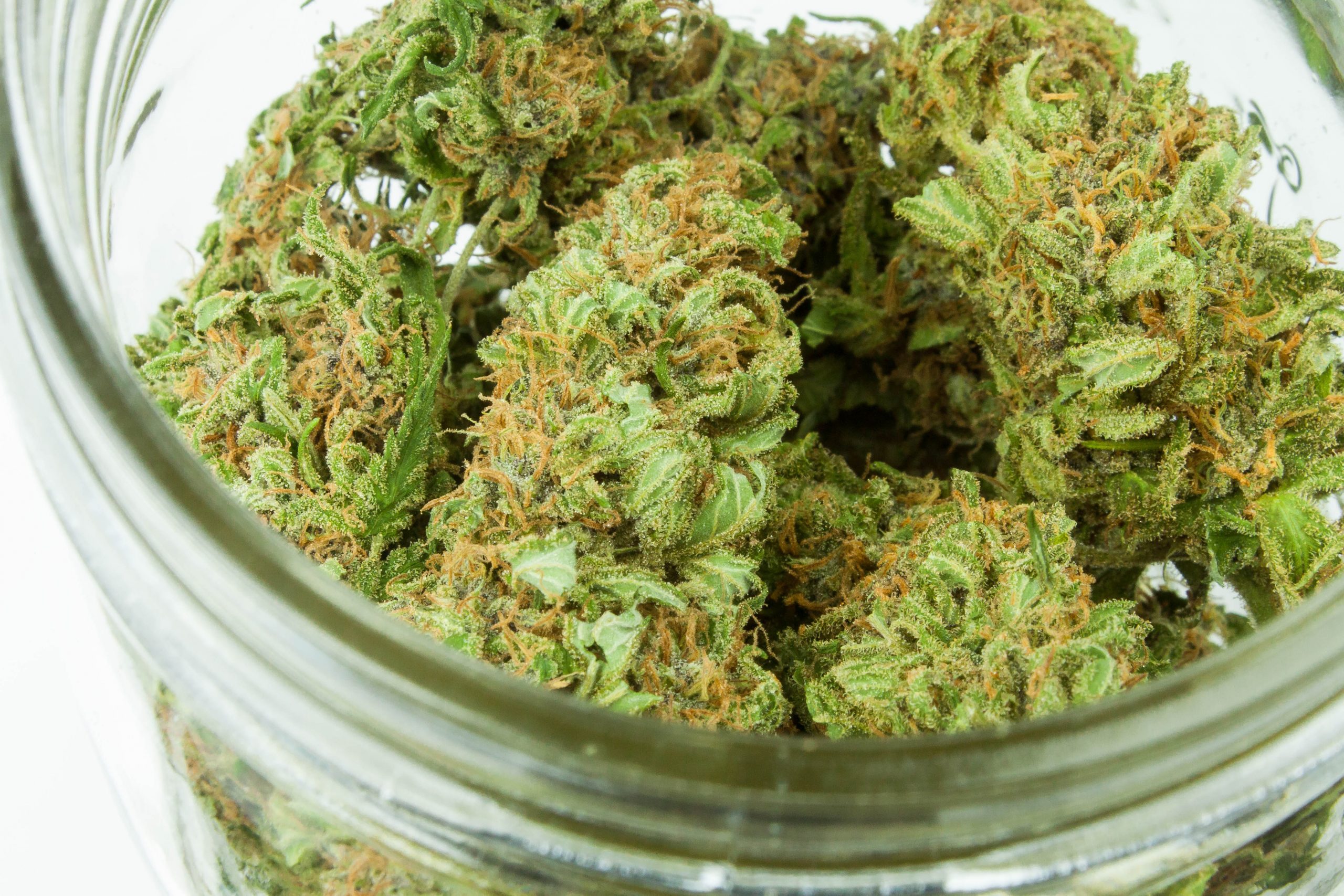The new British government appears to be moving dramatically backward – and is now proposing punishments for possession that include removal of driver’s licenses and even passports
The British are in a hot mess right now – and on a lot of fundamental issues that make anglophiles everywhere despair.
There is Brexit, energy prices that are going to bankrupt large sections of the business community beyond lower-income consumers (even as the Crown Estate is looking at a windfall from leases for offshore green energy firms), and of course, an island that has still not emerged from a period of mourning for their last Elizabeth.
One thing is for sure. Liz Truss and her new “conservative” government seem to have a knack for alienating almost every sector of her constituency.
There is no exception to a new, misguided if not muddle-headed direction when it comes to cannabis.
Wrong Turns in Several Places on Cannabis Policy
Over the last couple of weeks, two boomerang policies have emanated from the government that are also guaranteed to rebound in the wrong direction – both domestically and internationally.
First, there was the decision, apparently initiated when Truss was still Foreign Secretary, to kill the bill on cannabis legalization in Bermuda (which the government advocates and the population has supported).
Now comes the next disaster. Namely, a new government proposal suggests that users stopped by the police would have to pay to attend drug awareness courses, face mandatory drug testing, and potentially even lose either or their driving licenses as well as passports.
The move comes as the latest figures from the Home Office itself show that British cannabis possession “crimes” fell by 21% in both England and Wales in the year ending as of March of this year. Before the Pandemic, authorities logged 113,689 crimes of possession. This has fallen to 106,814, although they spiked temporarily in 2021 after Covid restrictions were introduced. This may have been because the police were more willing to stop motorists on suspicion of breaching lockdown rules.
It is also occurring as the Mayor of London, Sadiq Khan, launched a city Drug Commission to examine the effectiveness of current laws on cannabis.
Data from the Crime Survey for England and Wales also suggests that more than a third of British adults between the ages of 18 and 59 have smoked cannabis at one point in their lives.
Where Is Cannabis Reform in the UK?
So far, the British have moved along a rather unique path to the entire cannabis legalization question. After allowing only one company, GW Pharmaceuticals (now owned by Jazz) to hold a monopoly on developing cannabis medications for most of this century – becoming in the process the number one cannabis drug exporter in the world – the entire conversation began to shift as of 2018. This is when the UK began, at least in theory, to allow “cannabis on prescription” to its citizens.
Since this, patient numbers have increased, although chronic pain patients have been left, horribly, in the cold – actually losing the ability to be prescribed cannabis because of government recommendations about which patients would benefit. Not to mention that four years on, the only reliable way to obtain medical cannabis is via private clinics – which most patients cannot afford.
Cultivating Change?
There are, however, at this point, several large cultivation and manufacturing facilities at various stages of development both on the mainland, and on surrounding islands like the Isle of Mann and the Channel Islands.
On the brightest side, the CBD business is coming into its own – ahead in many ways of any country in Europe. This includes a proposal so far unheard of on the “other” side of the Channel outside of Switzerland. Namely removing the Novel Food regulations that have helped slow down if not strangle industry growth and allowing manufacturers to produce a COA (certificate of analysis) to inform consumers about content and purity.
As a result, draconian drug policies here, as they are in other countries, will eventually fail.
It is just a shame that the British seem so determined to go the long way around to get there. Ironically, in this one case, it would seem the British should take a page out of their Victorian past when the East India Company sold cannabis in India and China. “Progress” sometimes is not all it’s cracked up to be.









